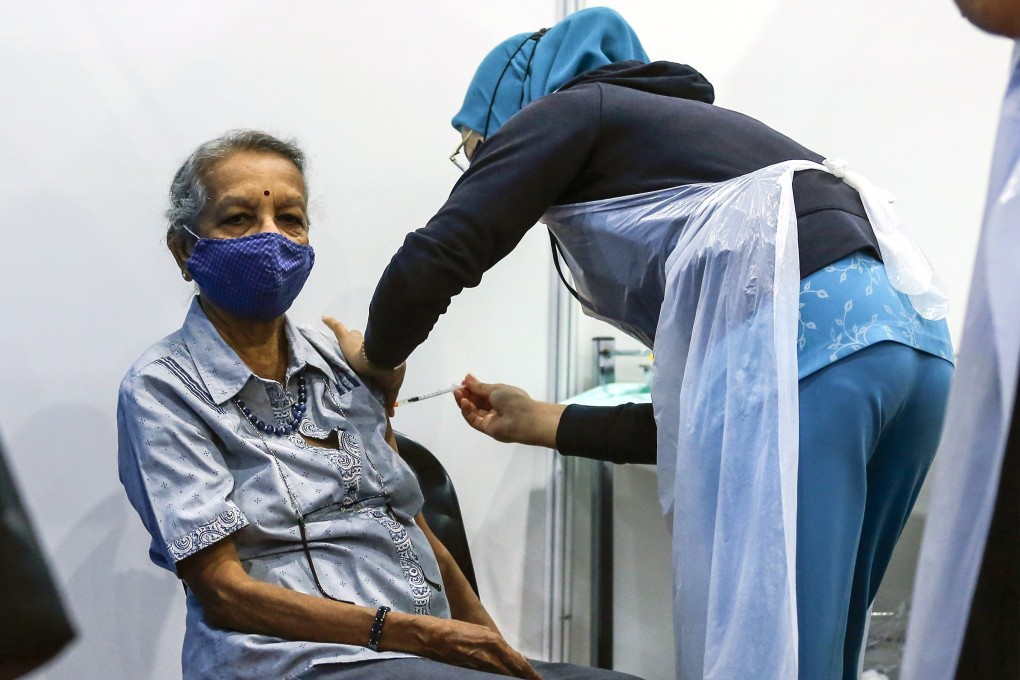Coronavirus: Malaysia drops AstraZeneca from inoculation scheme; Thai tycoons aid in vaccine effort
- ‘People are concerned about the safety of the vaccine despite science and data showing it safe and effective,’ a minister said
- Elsewhere, South Koreans are who fully inoculated will be exempt from mandatory quarantine, while Singapore says five workers living in dorms were likely reinfected with Covid-19

“People are concerned about the safety of the vaccine despite science and data showing it safe and effective,” Science, Technology and Innovation Minister Khairy Jamaluddin said on Wednesday. “We want to deal with these concerns to avoid disrupting the immunisation programme.”
Malaysia, which received its first batch of the shots through the global Covax Facility late last week, will allow those aged 18 and above to take the vaccine on a “first come, first served basis” after a pre-screening by doctors, Khairy said.
“We don’t want to waste a vaccine that is proven to be safe and effective,” he said. The shots will be administered in the capital city of Kuala Lumpur and the state of Selangor, where coronavirus cases remain high.
Malaysia’s health authorities approved AstraZeneca’s vaccine for those aged 60 or older on Monday, and said instances of blood clotting reported in some countries were rare and the vaccine could reduce the number of admissions to hospitals as well as deaths.
The country secured a total of 12.8 million doses from AstraZeneca in December, half of which will be procured via the Covax Facility. It got the first batch of 268,800 shots last week.